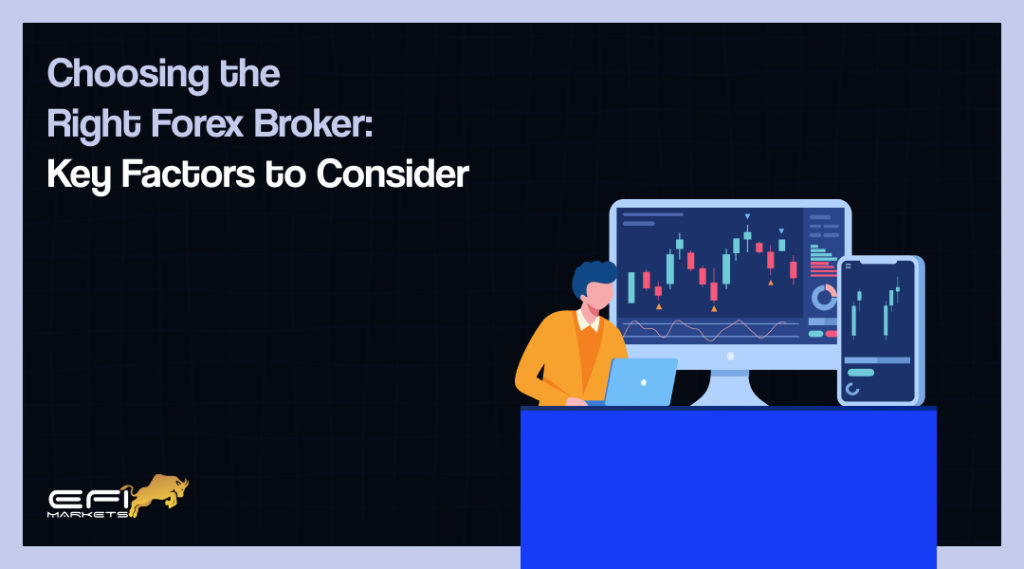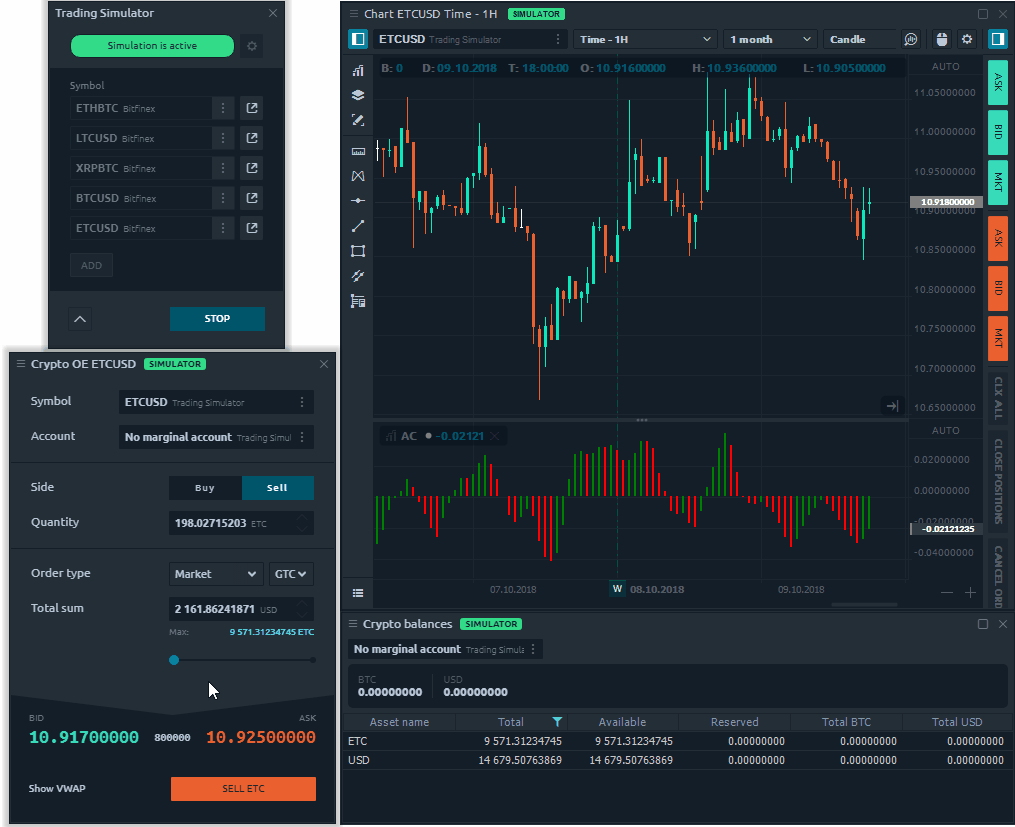
Understanding the Role of a Forex Broker
What is a Forex Broker?
So, what exactly is a Forex broker? Think of them as your gateway to the world of currency trading. They provide you with the platform and tools needed to buy and sell currencies in the foreign exchange market. Essentially, they facilitate your trades and ensure everything runs smoothly.
Importance of a Reliable Broker in Forex Trading
Choosing a reliable Forex broker is like picking a trustworthy partner for your trading journey. A good broker ensures fair pricing, fast trade executions, and a secure environment for your investments. Without reliability, you risk facing issues like trade delays, unfair pricing, or worse, loss of funds.
Regulatory Compliance and Licensing
The Significance of Broker Regulation
Broker regulation is crucial because it sets the standards for how brokers should operate. It ensures they are financially stable, transparent in their dealings, and follow ethical practices. Regulated brokers offer a layer of protection for traders against fraud and malpractice.
How to Verify a Broker’s Licensing Status
To check if a broker is regulated, look for their licensing information on their website or promotional materials. Verify this information with the regulatory body’s official website. This step is essential to avoid falling victim to unlicensed or fraudulent brokers.
Trading Platforms and Technology

Evaluating User-Friendly Trading Platforms
A user-friendly trading platform makes your life easier by offering intuitive interfaces, customizable charts, and easy navigation. It should feel like a tool that empowers you rather than complicates your trading experience.
The Importance of Platform Stability and Speed
Imagine you spot a perfect trading opportunity, but your platform freezes or crashes. Platform stability and speed are critical because they ensure you can execute trades swiftly, especially during volatile market conditions.
Mobile Trading: Flexibility at Your Fingertips
Mobile trading lets you trade on the go, whether you’re commuting or traveling. It’s about having the flexibility to manage your trades and monitor the market from anywhere, anytime.
Range of Trading Instruments

Forex Pairs: Major, Minor, and Exotic
Forex brokers offer different currency pairs categorized as majors (most traded), minors (less traded), and exotics (from smaller economies). Each type offers unique trading opportunities and risks, so choose based on your strategy and risk tolerance.
Access to Other Markets: Stocks, Commodities, and Cryptocurrencies
Some brokers also provide access to stocks, commodities, and cryptocurrencies. Diversifying into these markets can hedge against currency risks and open up additional trading opportunities beyond Forex.
Fees, Spreads, and Commissions
Understanding Different Fee Structures
Brokers may charge spreads (difference between buy and sell prices), commissions per trade, and overnight swap fees. Understanding these costs helps you calculate your trading expenses accurately.
How Spreads Affect Your Trading Costs
Lower spreads mean lower trading costs. However, spreads can widen during volatile periods, affecting your profitability. Consistently low spreads are ideal for maximizing your trading efficiency.
Hidden Fees to Watch Out For
Watch out for hidden fees like inactivity charges, withdrawal fees, or fees for using certain payment methods. These can add up and impact your overall trading profitability, so read the fine print carefully.
Account Types and Minimum Deposits
Different Types of Trading Accounts
Brokers offer various account types to cater to different trader needs, from standard accounts to VIP accounts with premium features. Choose one that aligns with your trading style and initial investment capacity.
Minimum Deposit Requirements: Finding the Right Fit
Some brokers require higher initial deposits than others. Consider your budget and risk tolerance when choosing a broker with a minimum deposit requirement that suits your financial situation.
Leverage and Margin Requirements
The Role of Leverage in Forex Trading
Leverage allows you to control larger positions with a smaller amount of capital. While it amplifies potential profits, it also increases potential losses. Use leverage wisely and understand its risks before trading.
Risks and Benefits of High Leverage
High leverage offers the potential for significant gains but also exposes you to greater risks. It’s a double-edged sword that requires careful risk management to avoid overexposure and potential margin calls.
Understanding Margin Calls and How to Avoid Them
A margin call occurs when your account equity falls below the required margin level. To avoid this, monitor your margin levels, use stop-loss orders, and manage your leverage responsibly.
Customer Support and Service Quality
The Importance of Responsive Customer Support
Responsive customer support is crucial for resolving issues promptly. Whether it’s technical difficulties or account inquiries, reliable support ensures minimal disruptions to your trading activities.
Evaluating Support Channels: Live Chat, Phone, Email
Look for brokers offering multiple support channels like live chat, phone, and email. The availability and effectiveness of these channels indicate how quickly you can get assistance when needed.
Quality of Educational Resources and Tools
Good brokers offer educational resources like webinars, tutorials, and market analysis. These tools help you improve your trading skills and stay informed about market trends, enhancing your overall trading experience.
Deposit and Withdrawal Options
Safe and Convenient Deposit Methods
Choose a broker that supports secure deposit methods like bank transfers, credit/debit cards, and e-wallets. The ability to fund your account safely ensures your financial information remains protected.
Withdrawal Processes and Times
Efficient withdrawal processes with reasonable processing times are crucial. You should be able to access your funds quickly and without unnecessary delays, ensuring liquidity when needed.
Fees Associated with Deposits and Withdrawals
Be aware of any fees associated with deposits and withdrawals. These fees can vary based on the payment method used, so consider the cost-effectiveness of each option when choosing a broker.
Security of Funds
Ensuring Your Money is Safe: Segregated Accounts
Brokers with segregated accounts keep client funds separate from their operational funds. This practice protects your money, even if the broker faces financial difficulties or insolvency.
Broker Insolvency: What Happens to Your Funds?
Understand how your broker handles client funds in the event of insolvency. Regulated brokers often have compensation schemes to reimburse clients, providing an additional layer of security for your investment.
Research and Analytical Tools
The Value of Real-Time Market Data
Access to real-time market data is essential for making informed trading decisions. It allows you to stay updated on market movements and execute trades at optimal times.
Access to Analytical Tools and Charting Software
Advanced analytical tools and charting software help you analyze market trends and develop effective trading strategies. Look for brokers offering these tools to enhance your trading capabilities.
How Research Reports Can Enhance Your Trading Strategy
Research reports provide valuable insights and analysis from experts. Leveraging these reports can help you refine your trading strategy and capitalize on market opportunities effectively.
Reputation and Reviews
Researching Broker Reputation: What to Look For
Check a broker’s reputation by researching their history, regulatory status, and client feedback. Positive reviews and a strong regulatory standing indicate reliability and trustworthiness.
How to Interpret Customer Reviews and Ratings
Consider both positive and negative customer reviews to gauge overall satisfaction. Look for consistent feedback patterns and prioritize reviews from credible sources to make an informed decision.
Forums and Online Communities: Gauging Public Opinion
Engage with online forums and communities to gather firsthand experiences and recommendations from other traders. These platforms provide practical insights into a broker’s performance and service quality.
Trial Periods and Demo Accounts
The Benefits of Using a Demo Account
Demo accounts offer a risk-free environment to practice trading and familiarize yourself with a broker’s platform. Use this opportunity to test strategies and evaluate the broker’s services before committing real capital.
Transitioning from Demo to Live Trading
Moving from demo to live trading involves adapting to real market conditions and managing psychological pressures. Start with small trades and gradually increase your trading size as you gain confidence and experience.
What to Learn During Your Trial Period
During your trial period, focus on understanding the broker’s platform, testing different strategies, and assessing their customer support quality. This phase helps you determine if the broker meets your trading needs effectively.
Conclusion
Summarizing Key Factors in Choosing a Forex Broker
When choosing a Forex broker, consider factors like regulatory compliance, trading platforms, fees, account types, leverage, customer support, deposit/withdrawal options, fund security, research tools, reputation, and demo account availability. Each factor plays a crucial role in ensuring a safe, efficient, and rewarding trading experience.
Making an Informed Decision: Balancing Costs and Benefits
Ultimately, making an informed decision involves balancing the costs and benefits offered by different brokers. Evaluate their offerings in relation to your trading goals and preferences. By choosing wisely, you can enhance your trading success and protect your investment in the dynamic world of Forex trading.
